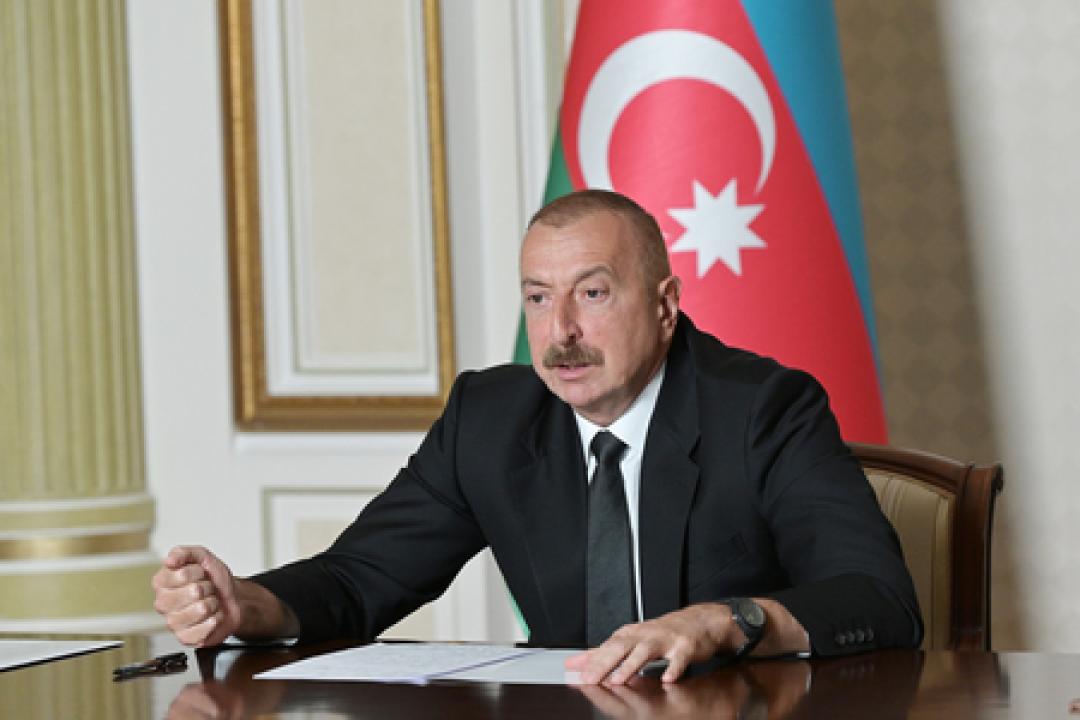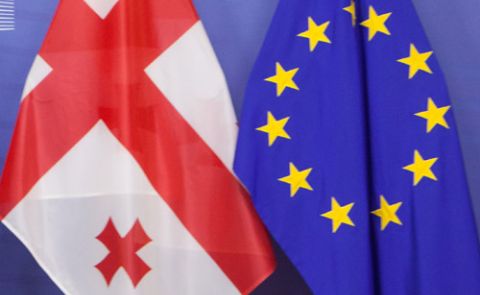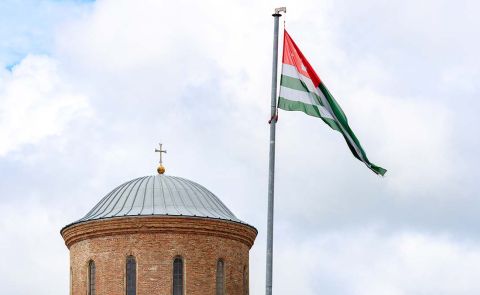
Azerbaijan’s President Warns Against External Pressures, Stresses Need for Strong Azerbaijan-Turkey Alliance

During the meeting on April 5, Azerbaijani President Ilham Aliyev received Mevlüt Çavuşoğlu, the former Foreign Minister of Türkiye, a member of the Turkish Grand National Assembly, and the head of the delegation to the NATO Parliamentary Assembly.
The President acknowledged Mevlüt Çavuşoğlu's unwavering support for Azerbaijan over the years, particularly during the Second Karabakh War, emphasizing the significance of his vocal advocacy for Azerbaijan on the global stage. President Ilham Aliyev stressed the importance of strengthening the Azerbaijan-Türkiye alliance amidst evolving global dynamics, especially in light of developments in the South Caucasus, which he described as heading in a perilous direction.
He reiterated Azerbaijan's commitment to the liberation of Karabakh from occupation, highlighting the anti-terrorism operation conducted in September of the previous year. President Ilham Aliyev criticized external pressures on Azerbaijan following the military action, including derogatory resolutions passed by the European Parliament and the revocation of voting rights by the PACE. He expressed concern about the scheduled trilateral meeting between the United States, the European Union, and Armenia, interpreting it as directed against Azerbaijan's interests in the South Caucasus.
President Ilham Aliyev warned of the potential adverse consequences of efforts to establish Armenia as a militarized outpost in the region, cautioning Azerbaijan's partners in the United States and Europe about the ramifications. He stressed the need for the Azerbaijan-Türkiye alliance to remain strong despite geopolitical changes, confident that attempts to undermine it would ultimately fail.
President Ilham Aliyev affirmed the Turkic world's significance, expressing readiness to further cooperation in this direction. Mevlüt Çavuşoğlu acknowledged challenges to Azerbaijan's Karabakh Victory from certain quarters, emphasizing the need to counter such policies effectively.
See Also


BP Strengthens Presence in Azerbaijan’s Offshore Energy Sector

Netanyahu’s Letter to Aliyev: Mutual Trust, Solidarity Following Hamas Attacks, Facilitating Dialogue Between Israel and Türkiye

Azerbaijan Expands JF-17 Thunder Fighter Jet Order from 16 to 40 Units

EU Commissioner and NATO PA Warn Georgia Over Democratic Decline Amid Accession Challenges

